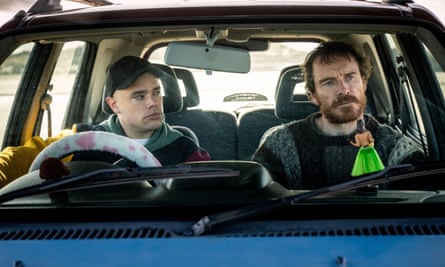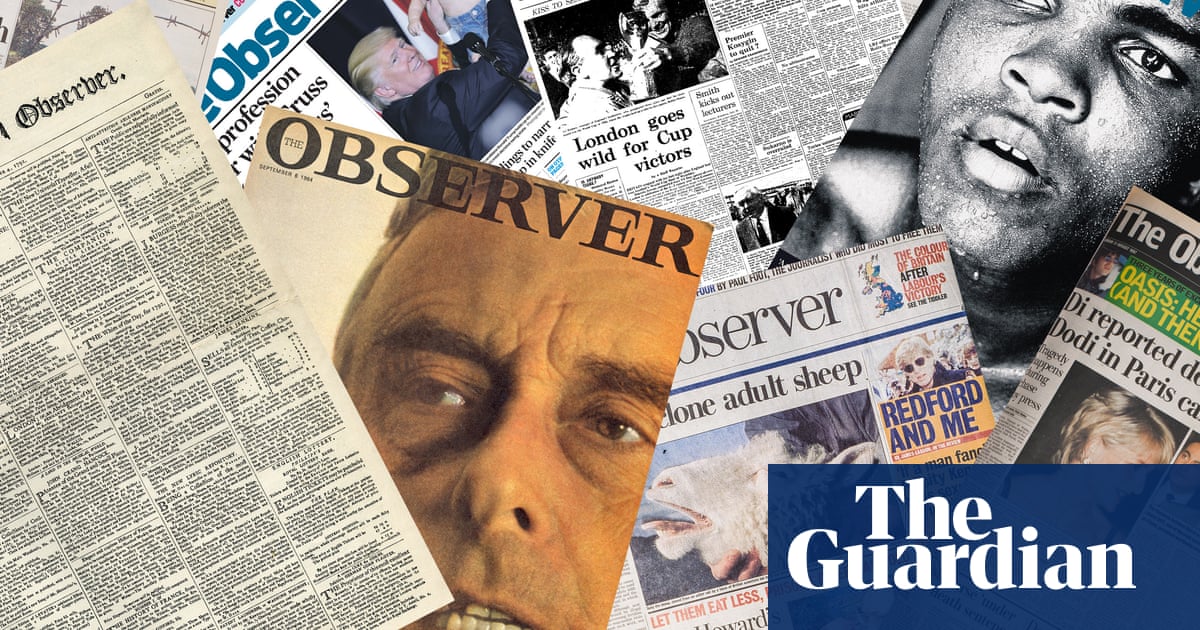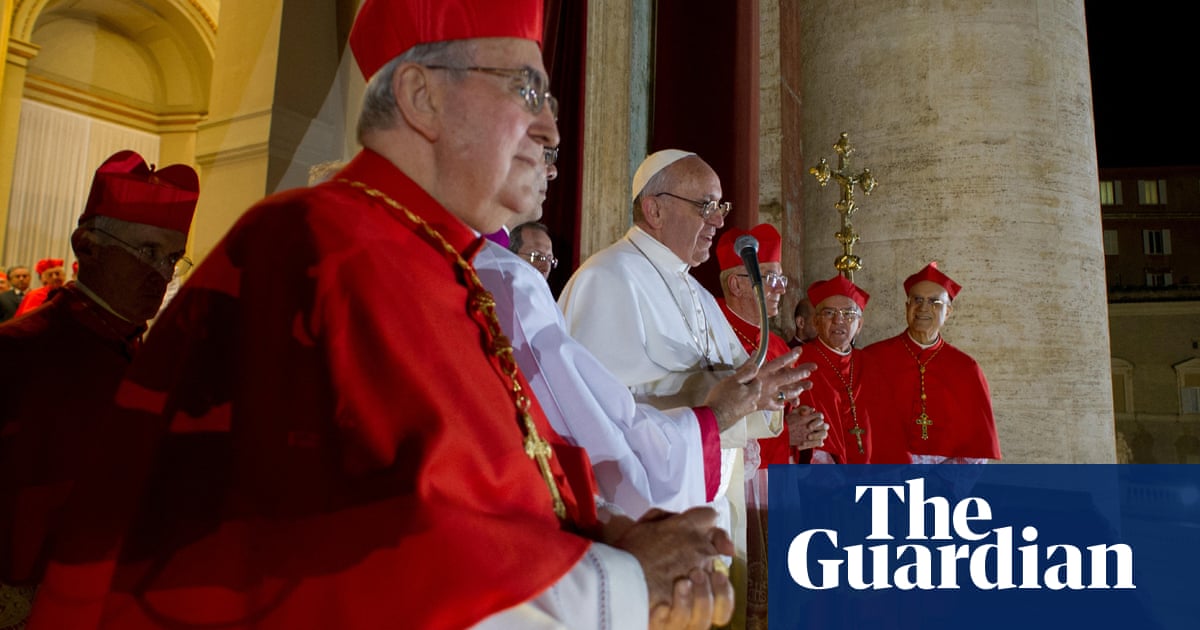These Bafta nominations have given us the traditional buffet of snubs for industry observers to frown at. Nothing at all for Luca Guadagnino’s tremendous drama Queer – its exuberant leading turn from Daniel Craig passed over. Nothing for the very moving Irish film Small Things Like These and so no Bafta nod for Cillian Murphy’s outstanding (arguably career-best) performance there. The appetite for Yorgos Lanthimos films starring Emma Stone seems to be maxed out. Nothing for their film Kinds of Kindness.
But one much-feared possible exclusion thankfully did not materialise: Marianne Jean-Baptiste has a best actress nomination for her superb performance in Mike Leigh’s blistering study of depression, Hard Truths, though no director nomination for Leigh himself.
Among the contenders, these Bafta nominations look like another giant coup for German director Edward Berger, whose first world war drama All Quiet on the Western Front two years ago stormed its way to a Bafta landslide. Now he has directed the high-stakes, high-camp Vatican intrigue drama Conclave, starring Ralph Fiennes as the troubled cardinal suspecting a wicked plot behind the struggle to elect a new pontiff – adapted by Peter Straughan from the Robert Harris bestseller. Conclave leads the pack with a hefty 12 nominations, including best film, best director, best actor for Fiennes and best supporting actress for Isabella Rossellini as the enigmatic nun who may hold the key to everything. It’s a creamily assured, sleekly performed, wonderfully watchable film with that unchallenging addictive quality. None of these are qualities to be sniffed at.

Behind Conclave, perhaps what has to be noticed is a film with six nominations, lower than others, and yet an amazing underdog story: it’s the continuing triumph of Kneecap, the story of the Irish-language hip-hop trio who have galvanised the new musical language of republicanism and play themselves here in their own origin story with full-on energy. I have to admit to being slightly alienated from the Guy Ritchie-ish feel to the movie itself, but there’s no doubting the way it has captured voters’ imaginations and perhaps even tuned in to a new post-Brexit mood on republicanism. Whatever happens, and however many nominations they convert, I think Kneecap may have already won this year’s Baftas ceremony.
Jacques Audiard’s striking and slightly baffling Emilia Pérez, a musical crime melodrama about a trans cartel mobster in Mexico, continues on its stately, eccentric way with 11 nominations, hitting the talking-point sweet spot with awards voters who are recommending movies to each other. It’s a film whose final claim to high-emotional seriousness I have never quite been able to endorse and it has found a backlash in the heartsinking social media discourse from those who object to Audiard’s allegedly insulting and inauthentic approach to Mexico, a complaint which perhaps disregards the film’s element of tongue-in-cheek fiction.

Brady Corbet’s stunning epic The Brutalist, about a Hungarian holocaust survivor and modernist architect in postwar America, gets nine nominations, including a lead actor nod for Adrien Brody and his gaunt and driven performance; Anora, Sean Baker’s amazing story of a lapdancer and her Russian oligarch-heir fiance, has seven nominations – a wonderfully defiant lead-actress performance from Mikey Madison there – along with seven for the spectacular Dune: Part Two, putting to rest, for now, mutterings that this dreamy desert adventure can be a bit somnolent.
Timothée Chalamet’s glorious Bob Dylan biopic, A Complete Unknown, directed by James Mangold, has six. It could be that Chalamet will win best actor for that beguiling performance but don’t bet against Hugh Grant getting it for his twinkly eyed monster in the horror satire Heretic. Five nominations also for Robert Eggers’s vampire revival Nosferatu (already a big box office success) and also for Coralie Fargeat’s feminist body-horror The Substance which has already given Demi Moore a Golden Globe for her comeback success. Saoirse Ronan may yet win, though, for her typically excellent performance in the addiction-recovery drama The Outrun.
Elsewhere, my feeling is that Jeremy Strong will convert his best supporting actor nomination for playing Roy Cohn, the unspeakable attack-dog lawyer and mentor to the young Donald Trump, in The Apprentice, opposite Sebastian Stan as the needy, insecure Trump himself.
Traditionally, the outstanding British debut category is regarded as the heart and soul of the Baftas – another opportunity for Kneecap, clearly – but I wonder if it might not go to Santosh, by Sandhya Suri, about a widow who takes over her late husband’s job as a police inspector in India and investigates a murder. It’s another intriguing list, and I expect Conclave, Fiennes, Berger and Rossellini to give a secular version of a papal blessing to the evening.

.png) 3 months ago
25
3 months ago
25













































